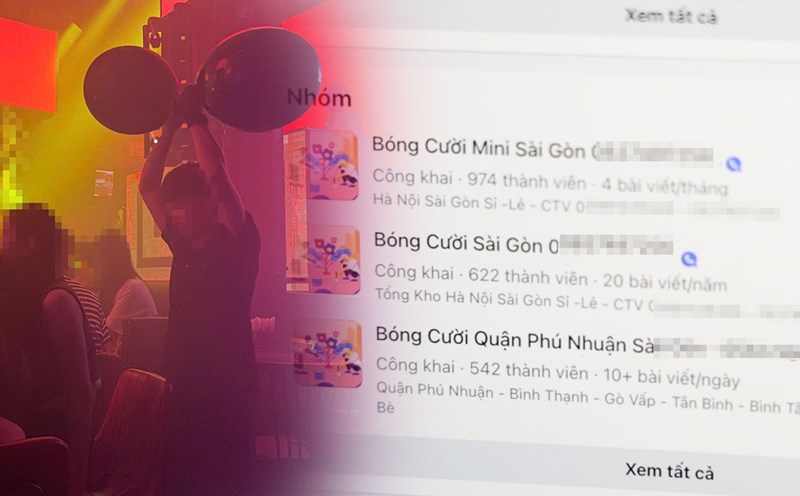According to Mr. Bui Ngoc Bao, one issue that needs attention at present is the supply of Pethanol. If all 6 Pethanol factories in Vietnam are operating stably, only two factories are still operating stably, only meeting about 30% of demand. Previously, due to unstable consumption, many ethanol factory projects had to be "shelved". When the E10 becomes mandatory, demand for ethanol will increase sharply, prompting factories to restart or expand capacity. However, this is only sustainable when there is clear planning of raw material areas. Vietnam currently mainly produces Petanol from cassava, but the cassava area is limited and the yield is not high. Some businesses consider importing corn or Pethanol from the US and Brazil to ensure supply and competitive prices. Currently, some businesses have imported corn to make ethanol raw materials because the price is cheaper than domestic cassava. Thus, the challenge is to ensure a stable and long-term source of raw materials" - Mr. Bao emphasized.
On the business side, Mr. Nguyen Quang Dung - Deputy General Director of the Vietnam National Petroleum Group (Petrolimex) - said that Petrolimex has been testing the sale of E10 RON95 in Ho Chi Minh City since August at about 36 stores and has not recorded any customer complaints. Petrolimex representative recommended that the Ministry of Industry and Trade issue a roadmap as soon as possible so that businesses have an official basis to decide on investment, upgrading facilities, and preparing other resources.
According to Mr. Nguyen Hong Thanh - Head of the Petrochemical and khi hau Industry Department of the Vietnam National Energy Industries Group (PVN) - to effectively implement from January 1, 2026, it is necessary to soon issue technical standards and regulations, and at the same time develop a separate pricing formula for E10, ensuring sufficient calculation of arising costs and efficiency for businesses.
The company recommends that the Government have a policy to encourage domestic ethanol production, ensure energy security and maintain stable supply. In addition, communication work needs to be unified so that consumers can feel secure in using E10" - Mr. Thanh suggested.











